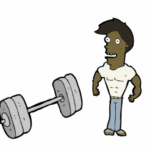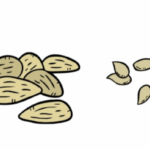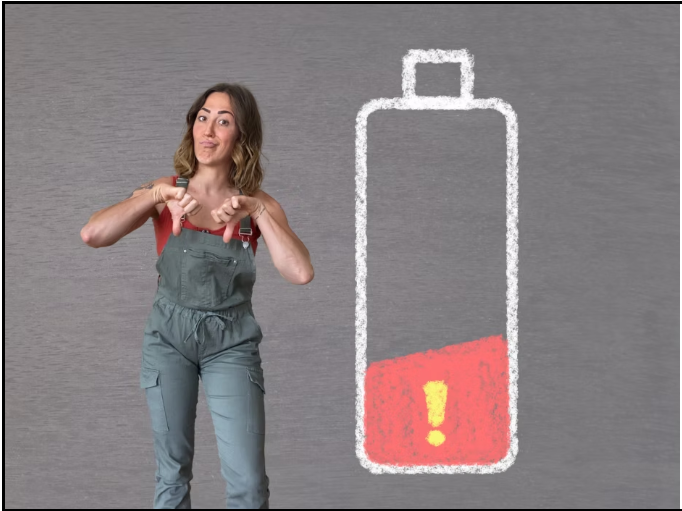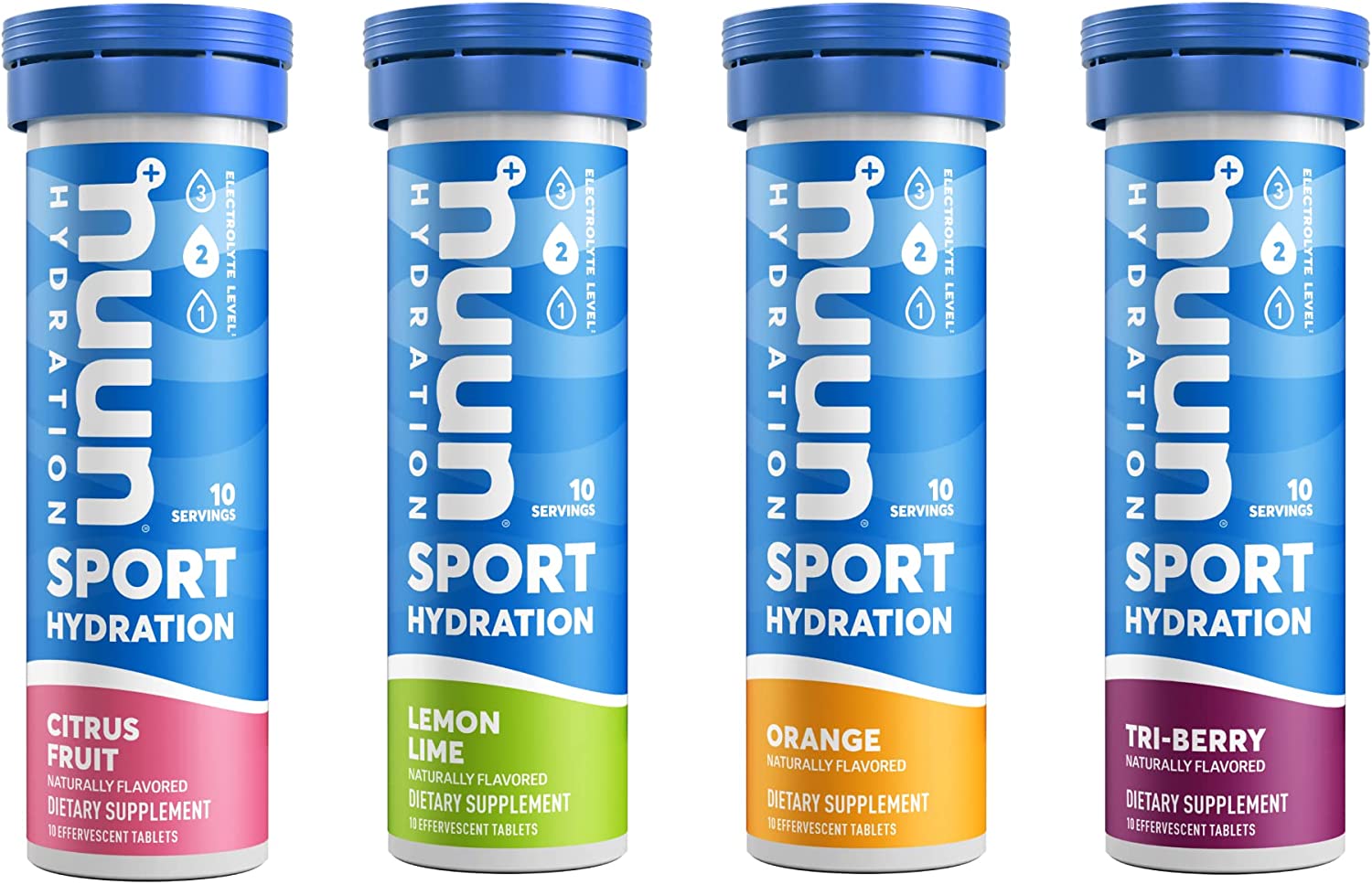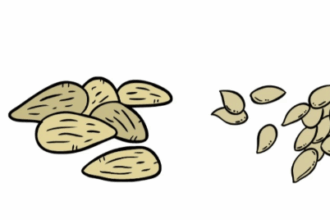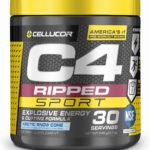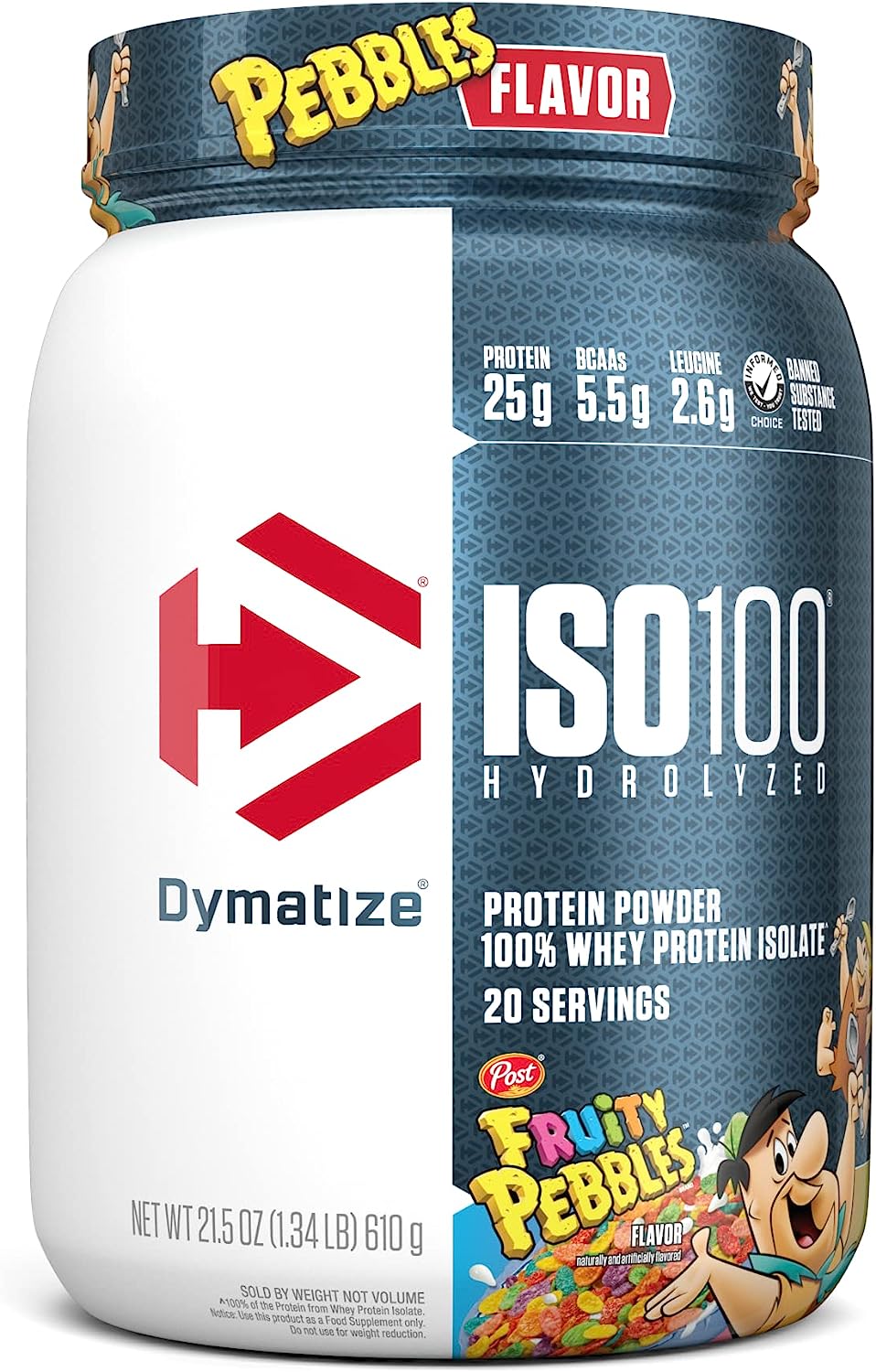As an athlete, your body is your most valuable asset, and fueling it properly is essential for peak performance. However, many athletes unknowingly underfuel, leading to a host of issues that can hinder their progress and overall well-being. In this article, we’ll explore the signs of underfueling and provide actionable solutions to help you optimize your nutrition and performance.
Signs You Might Be Underfueling
Physical Symptoms
- Feeling Sluggish: Struggling to find the energy to power through tough training sessions or games.
- Frequent Injuries: Constantly getting injured or feeling under the weather.
- Lack of Performance Improvements: Not seeing gains in the gym or on the field despite consistent training.
- Poor Recovery: Feeling tired and not well-rested even after adequate rest.
Mental and Emotional Symptoms
- Increased Anxiety or Depression: Noticing a decline in mental well-being.
- Decreased Concentration and Coordination: Struggling to focus or maintain coordination during activities.
Physiological Symptoms
- Reduced Energy Levels: Constant fatigue and lack of motivation.
- Loss of Muscle Mass: Despite regular training, experiencing muscle loss.
- Increased Risk of Injury: More susceptible to injuries due to inadequate nutrition.
- Dehydration: Chronic dehydration due to insufficient fluid intake.
- Decreased Strength: Noticing a drop in strength levels.
- Delayed Recovery: Taking longer to recover from workouts or injuries.
Common Causes of Underfueling
Intentional Restriction
Some athletes intentionally restrict calories or certain food groups, often in an effort to lose weight or adhere to a specific diet. While this might seem beneficial in the short term, it can lead to long-term performance issues.
Lack of Knowledge
Many athletes are unsure about their nutritional needs and may not consume enough of the right foods to support their training. This can result in a calorie deficit and nutrient deficiencies.
The Impact of Underfueling
Underfueling can have significant consequences for athletes, including:
- Reduced Performance: Lack of energy and nutrients can lead to subpar performance.
- Muscle Loss: Insufficient protein intake can result in muscle breakdown.
- Increased Injury Risk: Poor nutrition can weaken bones and muscles, making injuries more likely.
- Mental Health Issues: Chronic underfueling can lead to increased anxiety, depression, and decreased concentration.
Solutions for Optimal Fueling
Assess Your Current Intake
The first step in addressing underfueling is to assess your current diet. Track your food intake for a week to identify any gaps or deficiencies. Consider consulting with a sports dietitian to get personalized advice tailored to your specific needs.
Focus on Balance
A balanced diet is crucial for athletes. Ensure you’re consuming a mix of carbohydrates, proteins, and healthy fats. Carbohydrates provide the energy needed for training, proteins support muscle repair and growth, and fats offer sustained energy and support overall health.
Prioritize Hydration
Staying hydrated is just as important as eating enough. Aim to drink at least 8-10 glasses of water per day, and increase your intake during hot weather or intense training sessions. Consider electrolyte supplements if you’re sweating a lot.
Plan Your Meals
Meal planning can help ensure you’re getting the right nutrients at the right times. Plan your meals around your training schedule, and include snacks to keep your energy levels stable throughout the day.
Seek Professional Guidance
Working with a sports dietitian can provide valuable insights and personalized recommendations. They can help you develop a nutrition plan that meets your specific needs and supports your training goals.
Underfueling is a common issue among athletes, but it’s one that can be addressed with the right approach. By recognizing the signs of underfueling, understanding its causes, and implementing solutions, you can optimize your nutrition and enhance your performance. Remember, fueling your body properly is just as important as the training itself. Take the first step today by assessing your current intake and making adjustments to support your athletic goals.



